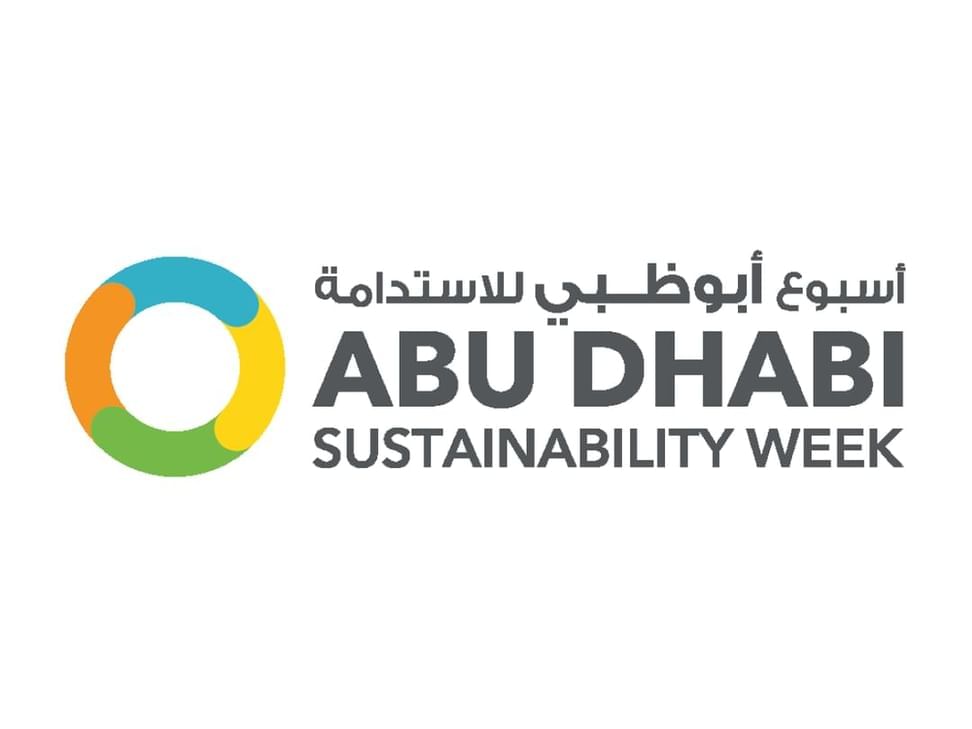The Gulf Cooperation Council (GCC) is strategically harnessing the rising global demand for sustainable finance to diversify its economies and advance towards net-zero goals. A new report by KPMG Lower Gulf and First Abu Dhabi Bank (FAB) highlights the critical role that sustainable finance plays in fostering economic growth, job creation, and diversification throughout the region.

Titled ‘The Sustainable Finance Imperative’, the report details how climate-smart investments, projected to reach $23 trillion in emerging markets, are reshaping the economic landscape of the GCC. Released during Abu Dhabi Sustainability Week, the report underscores that sustainable finance is essential for meeting global climate targets and building long-term resilience in the region.
According to the findings, the GCC’s emphasis on green investments could add up to $2 trillion to the regional GDP by 2030, particularly through sectors like renewable energy and sustainable infrastructure. FAB, the largest bank in the UAE, has already facilitated AED216 billion in sustainable and transition financing projects, which represents 43% of its ambitious 2030 target of AED500 billion. This shift towards ESG-focused financing is largely driven by strong client demand.
The report indicates that green investments are set to generate over one million jobs by the end of the decade, with the UAE committing $16.8 billion to renewable energy initiatives. Furthermore, a significant portion of CEOs in the region acknowledges the advantages of ESG-driven strategies, with 56% anticipating considerable returns from sustainability investments within the next five years. This reflects a broader change in corporate priorities towards achieving long-term resilience, especially as the region intensifies its efforts to combat climate change and transition to a low-carbon economy.
Fadi Al Shihabi, Partner and ESG Services Leader at KPMG Lower Gulf, stated, “This report illustrates how sustainable finance is not only transforming the GCC’s economic landscape but is also creating critical opportunities for diversification and value creation.” He emphasized the necessity for financial institutions and policymakers to collaborate in order to seize these opportunities and foster a more sustainable and resilient future.
The report further elaborates on the ways financial instruments are integrating ESG principles into the GCC’s transition. Notable projects, such as the Mohammed bin Rashid Al Maktoum Solar Park in the UAE and the NEOM Green Hydrogen project in Saudi Arabia, exemplify how sustainable finance is facilitating large-scale, climate-resilient developments. These initiatives highlight the transformative potential of green finance in addressing both environmental and economic goals, positioning the GCC as a frontrunner in the global energy transition.
Moreover, the report stresses the importance of sustainable finance in attracting foreign direct investment (FDI) and accelerating economic diversification. By aligning financial flows with national sustainability strategies, the GCC is establishing itself as a leader in sustainable finance on the global stage.

Leave a Reply